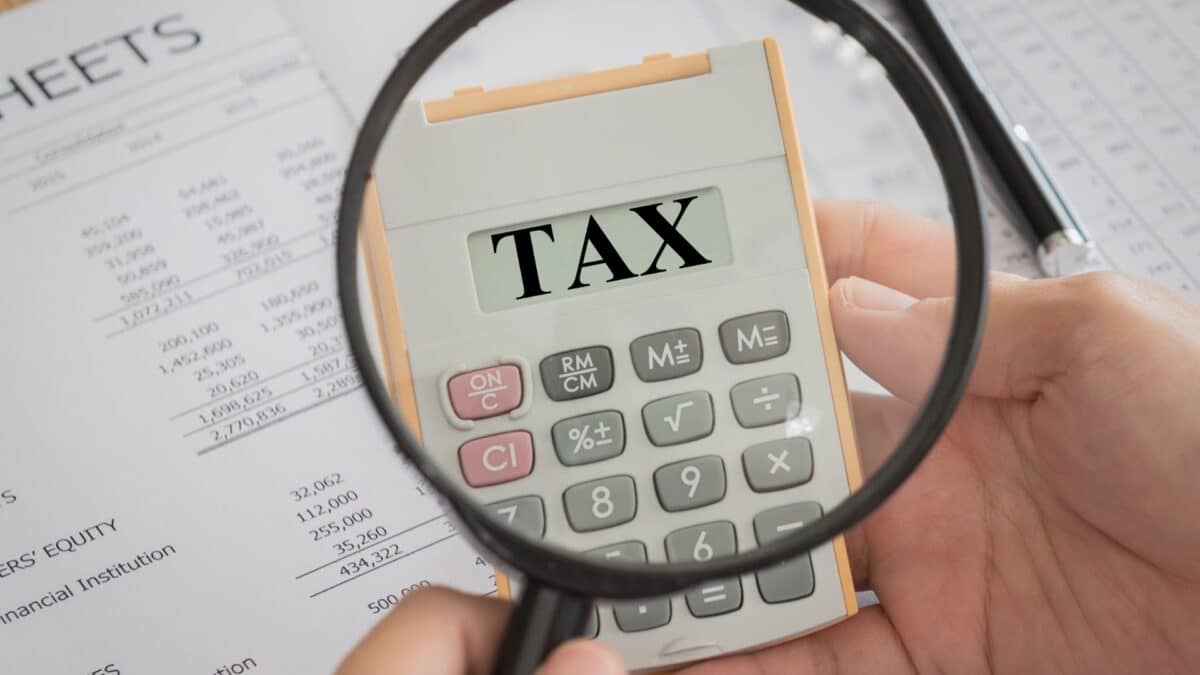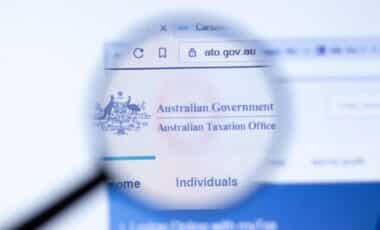Tax changes are being prepared by the Albanese government that will controversially impact franking credit refunds, according to Naz Randeria, managing director of Reliance Auditing Services.
The proposed legislation aims to double the tax rate applied to super fund balances exceeding $3 million and will also tax unrealised capital gains within these accounts. This means Australians will be taxed on increases in value of assets such as shares, properties, and farms held in their super, even if those gains have not been realised through a sale.
Franking credits, designed to prevent double taxation on company profits, will be caught up in the new regime. Randeria explained on Sky News’ AM Agenda that franking credits are credited to a member’s super account and form part of the net earnings. The new rules apply to these earnings—including unrealised capital gains, cash income, and franking credits—leading to what she described as a “charge on a tax refund,” which she labelled “appalling.”
Charge on Unrealised Gains and Franking Credits
Under the proposed changes, super fund members with balances above the threshold will face charges not only on realised income but also on the paper gains that have not yet been converted to cash. This includes franking credits, which are issued to ensure shareholders don’t pay twice on dividends. Randeria criticised the policy as unfair, noting that it effectively penalises members by charging money they have not actually received.
Franking credits were first introduced by the Paul Keating government and expanded under the Howard government to ensure that taxpayers who do not pay income tax could still receive refunds. Labor’s previous attempt to change the rules in 2019 contributed to electoral backlash and the party’s defeat, highlighting the sensitivity around these settings.
Franking credits will be hit by Labor's proposed superannuation changes, which one accountant describes as a "tax on a tax refund". https://t.co/3HhQuCv6tq
— Financial Review (@FinancialReview) May 29, 2025
Warnings from Investment Experts
Economists and investors have voiced concerns about the potential impact of taxing unrealised gains, warning it could discourage risk-taking and investment. Geoff Wilson, founder of Wilson Asset Management, highlighted the risk that investors might shift their money away from corporate Australia towards safer assets like family homes. He said this could reduce the capital available to startups and small-to-medium enterprises, which are crucial for economic growth.
Wilson described the proposed changes as a threat to “the lifeblood of Australia,” cautioning that investment patterns could change significantly, leading to less support for innovation and business development across the country.
Political Landscape and Legislation Progress
Following Labor’s recent election success, the Albanese government appears close to securing Senate support for the new rules, with the Greens party advocating for lowering the threshold from $3 million to $2 million. This adjustment would increase the number of affected superannuation accounts.
The proposed legislation represents a significant shift in the way superannuation earnings, particularly for high-balance accounts, are managed. It is expected to influence how Australians approach retirement savings and investment decisions in the coming years.









